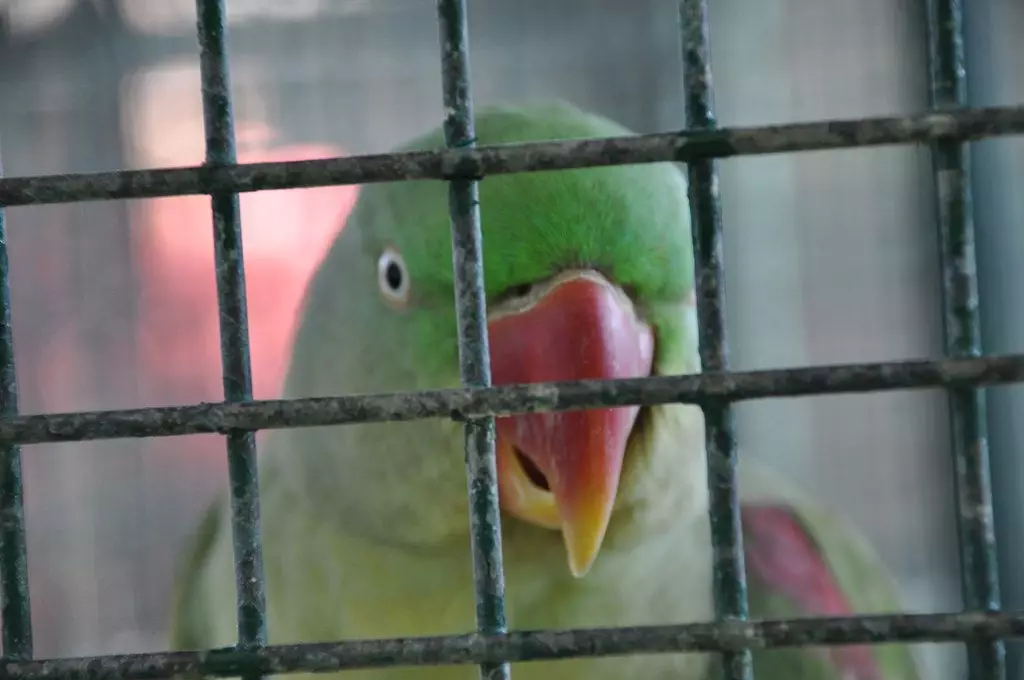Birds, like humans, can experience stress due to various environmental and social factors. Understanding the emotional and psychological health of these creatures is crucial for avian caregivers. Birds are inherently creatures of habit; any deviations in their daily routine or surroundings can trigger stress responses. The impact of stress on birds is significant, as it can lead to both behavioral and physical problems. By recognizing the causes and signs of stress, owners can create a healthier environment for their feathered companions and enhance their overall quality of life.
Multiple factors can contribute to stress in birds. One of the most prevalent stressors is a change in their environment. Relocation to a new home, the arrival of new family members or pets, or alterations in their living space can disorient them. Environmental stimuli such as loud noises—be it construction work or natural events like thunderstorms—can also be distressing. Even subtle changes, like altering the color of a room or moving a cage to a different spot, might induce anxiety.
Moreover, bird routines are essential for their sense of security. A sudden change in their daily schedule, whether it be feeding times or interaction periods, can be unsettling. Birds can also respond to the presence of wild animals through glass windows, such as hawks or raccoons, which may instill fear. These external factors might seem insignificant to humans, but to birds, they can be a source of considerable distress.
Birds exhibit various signs of stress that should not be overlooked. Vigilant owners should be on the lookout for indicators such as stress bars, feather picking, aggression, alterations in appetite, vocalization changes, repetitive behaviors, and signs of fear or boredom.
Stress bars are notable physical manifestations of stress. These are faint lines that appear on the shafts of feathers as a result of environmental stressors. While they can be challenging to see on live birds, examining molted feathers can provide bird owners with indications of any ongoing troubles. However, it’s crucial to note that stress bars do not diagnose the exact issue; they merely serve as a prompt to investigate further.
Another concerning behavior linked to stress is feather picking. This can escalate to severe self-mutilation, where birds inflict harm upon themselves. Reasons for feather picking can range from boredom to environmental triggers such as loud noises. If a bird begins to engage in such destructive behaviors, it’s imperative to consult a veterinarian immediately.
Aggression is a common behavioral shift observed when a pet bird is stressed. Sudden displays of aggression can manifest as biting, lunging, or incessant screaming. If a bird that is usually docile becomes aggressive overnight, it may indicate underlying stress that needs addressing. A visit to an avian veterinarian is essential to rule out any health-related problems before diagnosing environmental causes.
Similarly, a bird’s vocalizations are telling signs of its emotional state. A previously vocal bird that suddenly becomes quiet may be experiencing stress, while increased noise levels from purposeful screaming might signal discomfort. Both situations warrant a closer look at the bird’s environment and routine.
To alleviate stress in birds, it is critical to identify potential triggers and create a supportive environment. Removing or minimizing identifiable stressors can markedly improve a bird’s well-being. If an avian pet is exhibiting destructive behavior, this is often a cry for help related to boredom or lack of stimulation. Providing interactive toys, perches, or engaging puzzles can redirect their energy and curiosity.
Moreover, establishing a bond with your bird is invaluable. Gentle handling techniques and positive reinforcement can help reduce anxiety. Understanding and respecting a bird’s needs and preferences, such as its comfort with human interaction and routines, will nurture trust and calmness.
Owners should also remain patient and avoid confrontational responses, such as yelling at a stressed bird. Maintaining a calm demeanor and moving slowly when interacting can help ease a bird’s anxiety. Offering additional out-of-cage time or changing the layout of its living space could provide necessary stimulation and comfort.
If stress persists despite interventions, seeking veterinary advice is crucial. Avian veterinarians can offer insights into potential health issues contributing to behavioral changes, recommend treatments for stress-related conditions, and suggest strategies tailored to individual birds’ personalities and environments.
The experience of stress is significant in birds, necessitating awareness and proactive management by their caregivers. Understanding triggers, recognizing signs of stress, and implementing appropriate solutions can enhance the quality of life for pet birds, ensuring they thrive in their avian homes.


Leave a Reply